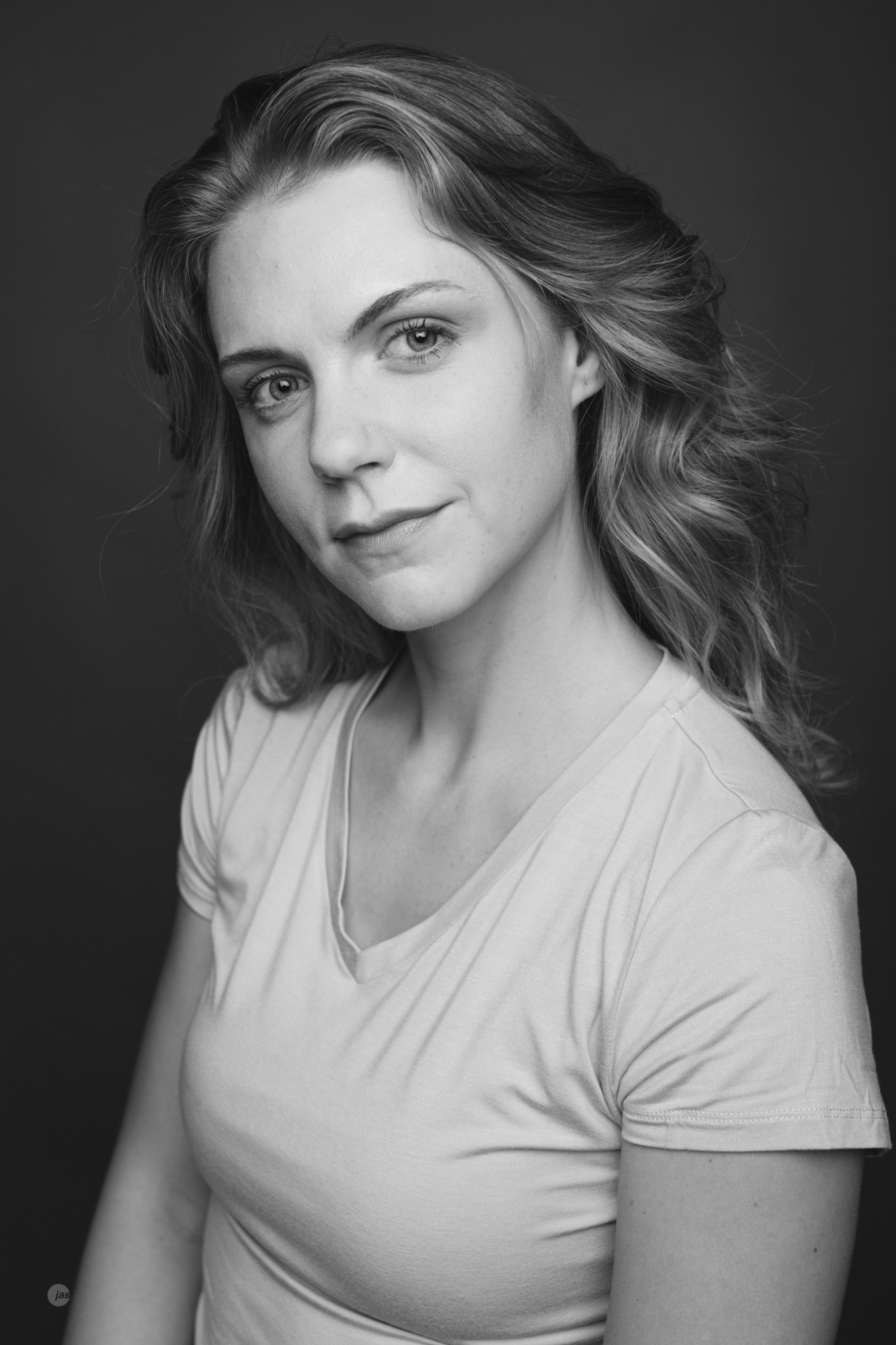We were lucky to catch up with Erin Collins recently and have shared our conversation below.
Hi Erin, thanks for joining us today. What’s been the most meaningful project you’ve worked on?
One of the most meaningful (and challenging) projects I’ve worked on as an actor is The Seagull by Anton Chekhov. I played Nina, a young actress who falls for the famous writer Trigorin and must deal with the aftermath of her decision. We performed in a theater-in-the-round style inside an old warehouse at Pullman Yards. Between scenes, we’d join the audience and watch until it was our turn again. It was thrilling. We enacted the Tom Stoppard adaptation (the original is in Russian), and I remember being near tears the first time I read it, struck by the sheer beauty and relatability of Chekhov’s writing. The play centers around a group of artists, some successful and some not, all trying to figure out what their true purpose is. It was a privilege to watch my co-stars breathe such complex life into their characters as they navigated existentialism, fame (or the loss of it), love, heartbreak… in other words, life.
What struck me most about playing Nina was how deeply she captures the heartbreak that being an artist can bring. In the final act, Nina returns to Sorin’s estate to see Kostya, her first love, whom she left for Trigorin. In her final monologue, she delivers one of the most iconic lines in theatrical history:
“What I’ve realized, Kostya, is that in our work, it doesn’t matter whether we’re writers or actors. What’s important isn’t fame or glory, or any of the things I used to dream about. It’s about the ability to endure, to keep going despite everything, and to have faith in yourself. I have faith in myself now, and that helps the pain.”
Lately, I’ve been going through a bit of an existential crisis myself. Being an artist in late stage capitalism is a doozy. Over the past five years, the film industry has taken hit after hit, beginning with COVID and followed by the writers’ and actors’ strikes. To say it’s been tough would be an understatement. There’s been a mass exodus of the film industry from my hometown, Atlanta. It’s been difficult to keep my spirits up, to “keep going despite everything.” Almost every week, I question whether I’m on the right path, whether this career is filling my heart or taking from it. I wonder if I really do have the ability to endure. Acting has always fulfilled me, but monetizing what fulfills you can be a slippery slope. I sometimes feel scared instead of inspired, desperate instead of confident. But then I remember why I started. I remember what Nina teaches us: that being an artist isn’t about fame, praise, or money. It’s about the ability to endure. And if that’s not the reason, if there’s no heart, then there’s no art.
For me, acting brings me closer to humanity, and closer to myself. Getting to play Nina helped me endure. One of the things that has helped me most is being part of a tight knit community of other artists. When I struggle to find faith in myself, they help me remember it’s still there.
Even after writing all of this, I will probably still think about throwing in the proverbial “artistic towel” from time to time. But when I do, I need to remember that’s part of the artist’s life. Doubt reminds me why I chose it in the first place, doubt can make me stronger.
The Seagull was one of the most meaningful projects I’ve ever worked on, not just because it changed me as an actor, but because it changed me as a person. That’s why I love acting: because it can shift perspectives, move hearts, and change lives. It feels like alchemy, transforming pain into meaning. Good storytelling makes for good living. There is so much power in art. I hope I never forget that.
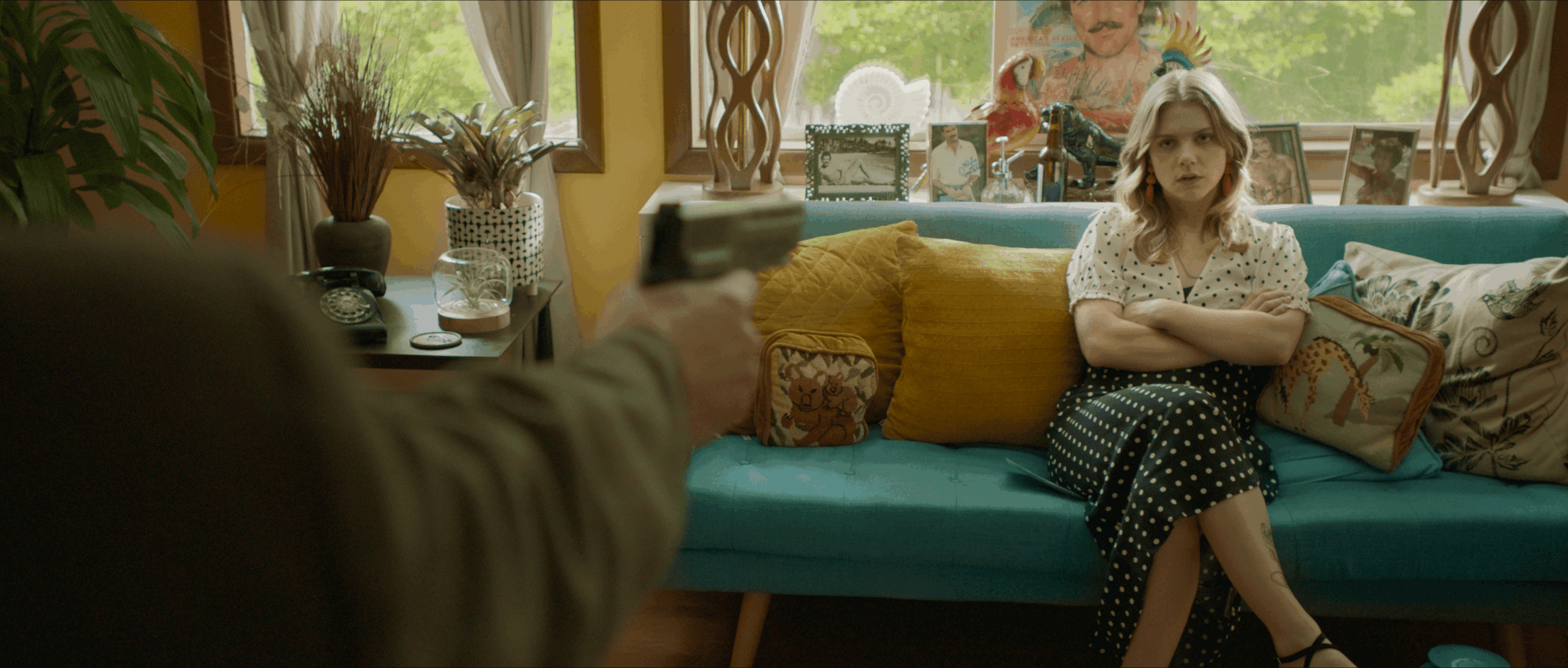
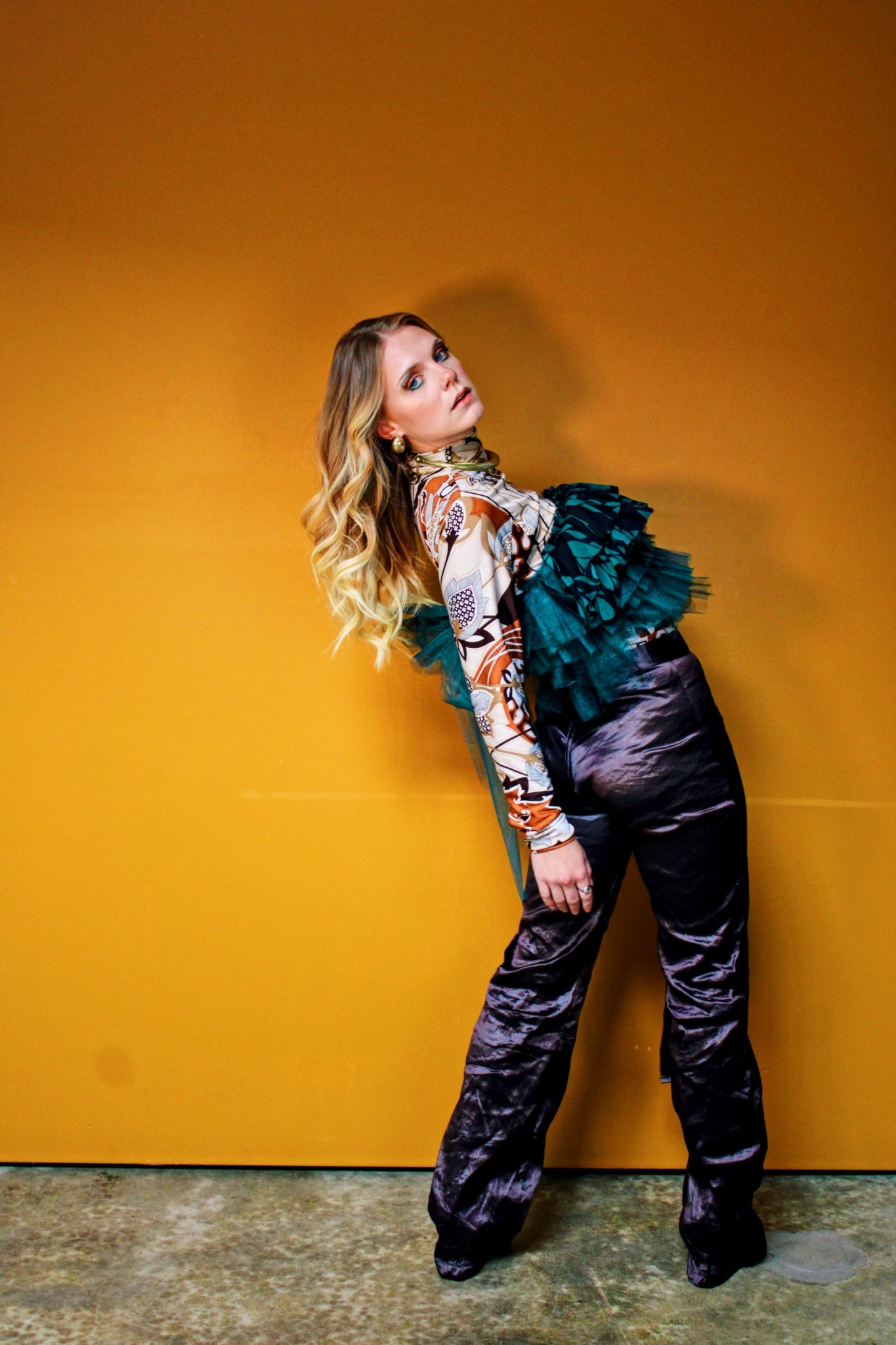
Great, appreciate you sharing that with us. Before we ask you to share more of your insights, can you take a moment to introduce yourself and how you got to where you are today to our readers.
Hi, I’m Erin, an actor, writer, and producer.
I’m a true Georgia Peach, born and raised in Atlanta, Georgia, I’ve loved the arts for as long as I can remember. Movies, television, books, I couldn’t get enough. I was completely captivated by storytelling in every medium. I participated in school theater programs growing up, but when I got to high school, I changed trajectories and stepped away from the arts for a while.
I found my way back in college. After some soul searching, I decided to switch my science major over to Theatre. I graduated from Georgia State in 2020, which was probably one of the worst times to finish school, but I stayed the course. I loved theater, but I also wanted to explore film, so I started taking acting classes at Drama Inc. and immediately fell in love with their studio. One of the most valuable lessons I learned there was to always keep training, and I’ve carried that with me ever since. I ended up taking a ton of their classes, and I’m so grateful I did. They gave me a strong foundation and helped me grow.
Something I really focused on was acting technique. Without a strong technique, I don’t have a solid base to build a character from. I studied a variety of approaches to find what worked best for me. One of the most impactful experiences was a workshop with Terry Knickerbocker, who teaches Meisner-based work. It was incredible, 10/10 recommend. I hope to train at his conservatory next year. I try to remain a student, not an expert. Staying curious helps me stay flexible. Scene study classes are also a huge part of keeping my craft sharp. I attend a weekly actor jam where a group of us work scenes together. It keeps me inspired, connected, and in shape. I cannot stress enough how important it is to have a community of fellow actors and artists around you. Not just as collaborators, but as friends. They keep me grounded and sane. In this industry, community is essential.
One of the projects I’m most proud of is co-producing my short film Five O’Clock Somewhere. During the strikes, two friends and I thought, “Well, if there’s no work, let’s make our own.” So we did. We wrote the script and then teamed up with my friend Issac McCord and his production company, Ancient Film, and our director, Jon Milograno. Together, we brought it to life. It was an amazing experience, and it gave me my first producer credit. If you’re thinking about making your own project but feel scared or unsure, go for it. You can do it. Stay consistent and trust the process. Our film was recently accepted into a few festivals, including Atlanta Shortsfest. It premieres on June 22 at 2 PM at the Limelight Theater. Come out and support some amazing indie films!
I’m also incredibly proud of my work on The Seagull. We staged it at Pullman Yards and received a wonderful review from ARTS ATL in the Atlanta Journal-Constitution. While art is not about external validation, it felt really damn good to have our hard work acknowledged. There is a lot of rejection in this industry, so getting to dive into a beautifully written play like The Seagull was an absolute privilege.
I’ve always loved the horror genre, one of my favorite shows growing up was Courage the Cowardly Dog, if that says anything. Horror has always had a strong impact on me, and I think I’ve somehow manifested it into my life. It’s funny how projects sometimes find you, rather than the other way around. I the past year, I was fortunate to work on two incredible horror films that kind of fell into my lap, and I’m so grateful for the opportunity. Night Shift at Ned’s is set in an interdimensional diner, and The Killing Cell was filmed at an old abandoned prison in Milledgeville. I can’t wait for the general public to see them, but be warned, they are definitely not for the faint of heart.
Right now, I have a few projects in development, including the Pulitzer Prize-Winning play, ‘Night Mother. We are set to open in November of this year at The Dynamic El Dorado. (Working in film is amazing, but there is nothing like working on plays. If you’re an actor and you’re feeling burnt out, get back into some plays!) I continue to train at different studios and theaters. I also write short stories, and I’m currently working on a screenplay. Exploring different creative paths keeps me energized. I’ve learned that there is no right way to be an artist. Staying curious is more important than trying to be perfect. Doing the work for myself, for my inner voice, always leads me somewhere meaningful. When I create from that place, rather than trying to please the outside world, everything flows better.
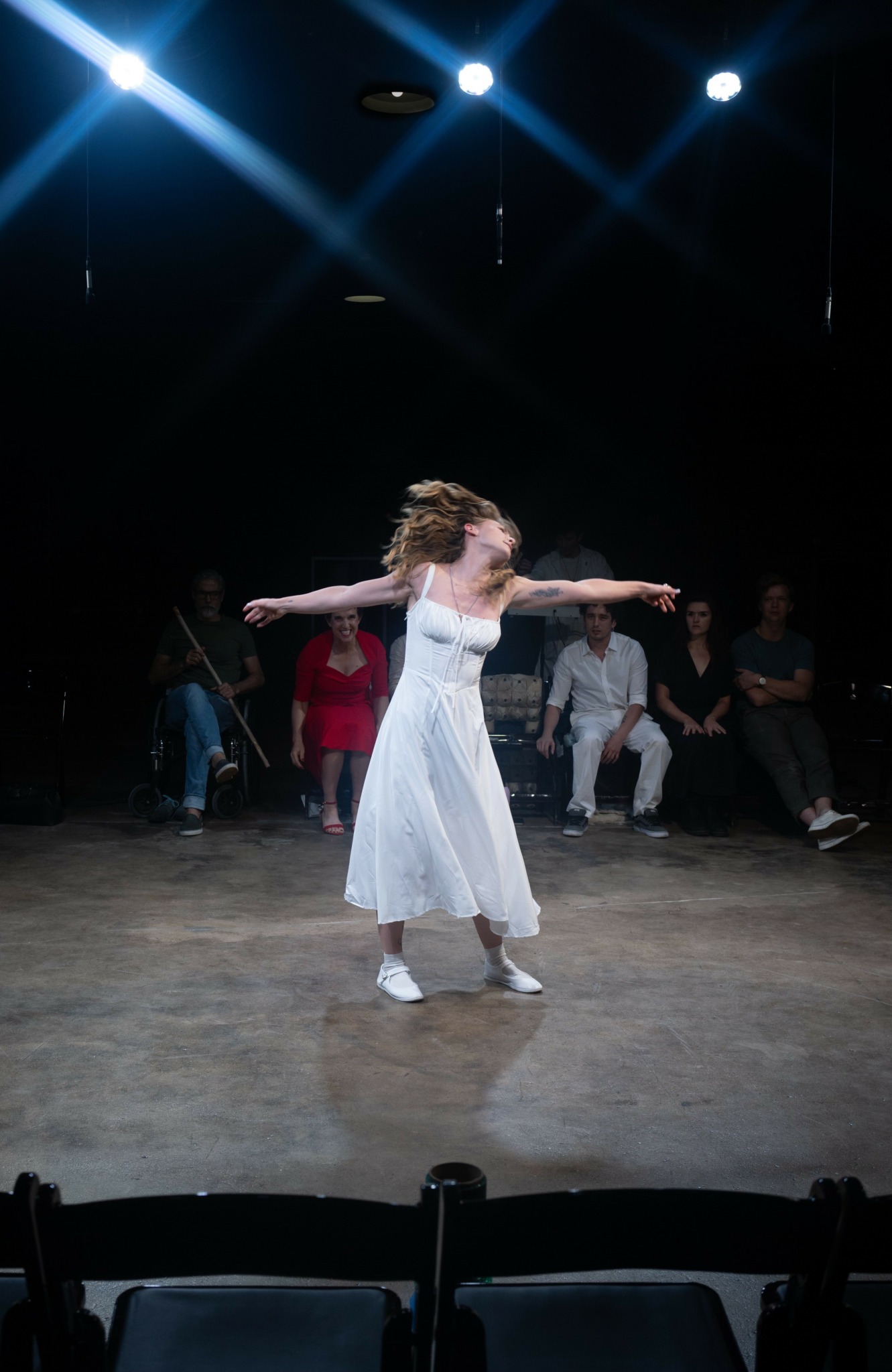
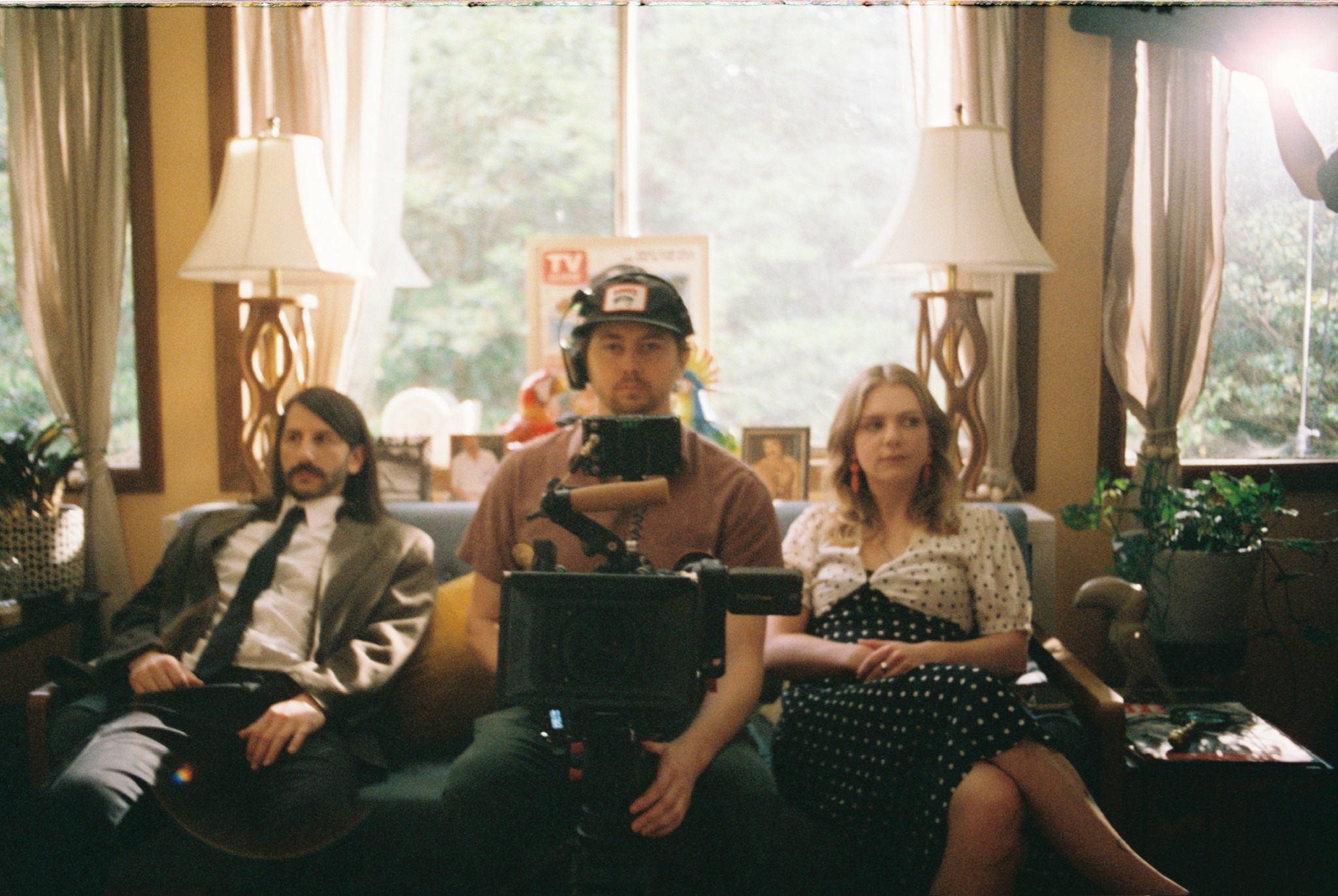
What’s a lesson you had to unlearn and what’s the backstory?
I’ve probably had to unlearn five thousand lessons, and I’ll probably need to unlearn five thousand more, but fine, I’ll narrow it down to two.
Unlearning #1: I have to do art perfectly in order to be successful.
I used to believe I needed to present a fully baked cake before anyone would want a slice. Maybe that works in the bakery business, but not in the arts. When I get too critical of myself, I shut down. My energy becomes rigid and blocks the creative flow. Inspiration only flows for me when I’m relaxed, open, and willing to be flexible. I can’t do that if I’m trying to guess what a casting director wants to see, or if I plan every single moment of a scene before I even get on stage. I definitely can’t do it if I’m already telling myself I’m not good enough to get the role. And yes, I have those thoughts. I think most of us do.
As artists, we tend to be incredibly hard on ourselves. We can nitpick and self-sabotage until all the joy is gone. Discipline and discernment are important, of course, but seeing creativity as a process, not a product, is essential for staying resilient. Creativity needs to be nurtured, fostered and loved.
When I start to spiral about an audition, I try to pause and take three deep breaths. I remind myself that my art doesn’t need to be perfectly polished to be worthy. I just need to make honest choices and trust them. When I start doubting myself as a writer, I try to remember why I wanted to tell the story in the first place. It’s not about selling my script to HBO. It’s about truth, connection, and self-expression.
Unlearning #2: I can’t enjoy my life, I have to grind!
For a long time, I thought rest was a weakness. I believed that if I wasn’t constantly working, opportunities would pass me by and I’d fall behind. But I’ve learned that enjoying my life is not only necessary for my mental and emotional health, it is essential for making honest, grounded, meaningful art.
As someone who is always jumping from one project to the next, I have to remind myself that rest is productive, too. When I focus only on the outcome, on how I’m going to make money or move forward, I lose touch with what inspires me. It sounds cliche, but things like meditation, movement, sunlight, nourishing food, and spending time with people I love keep me rooted. They help me stay balanced when I feel anxious about my career, or let’s be real, the state of the world.
The grind has its place. But so does joy. So does presence. So does being fully human. I’m not just some “creativity robot”, I’m a person who needs to savor her existence. Funny enough, when I actually give myself a rest day, when I stop pushing and just live, I find that my inspiration returns on its own. Taking a break to live this miraculous life is more than okay, it’s essential.
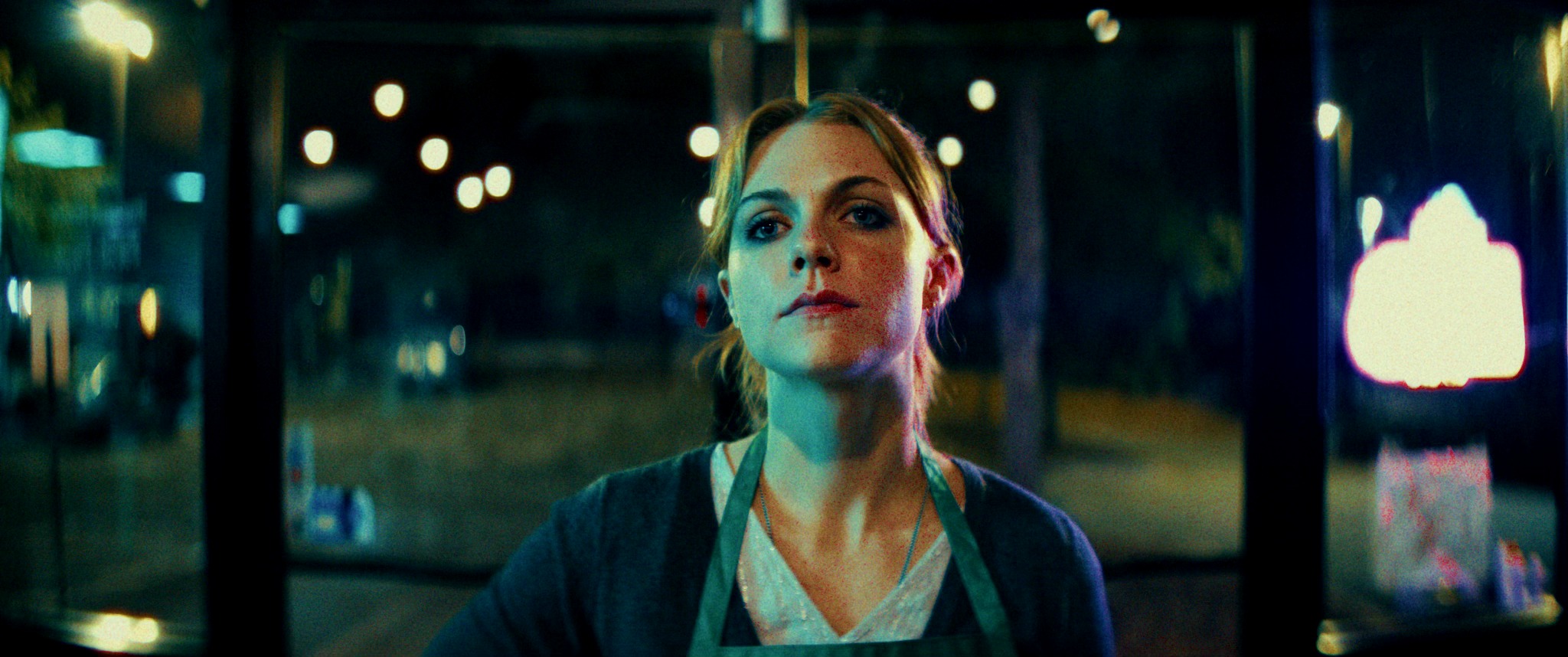
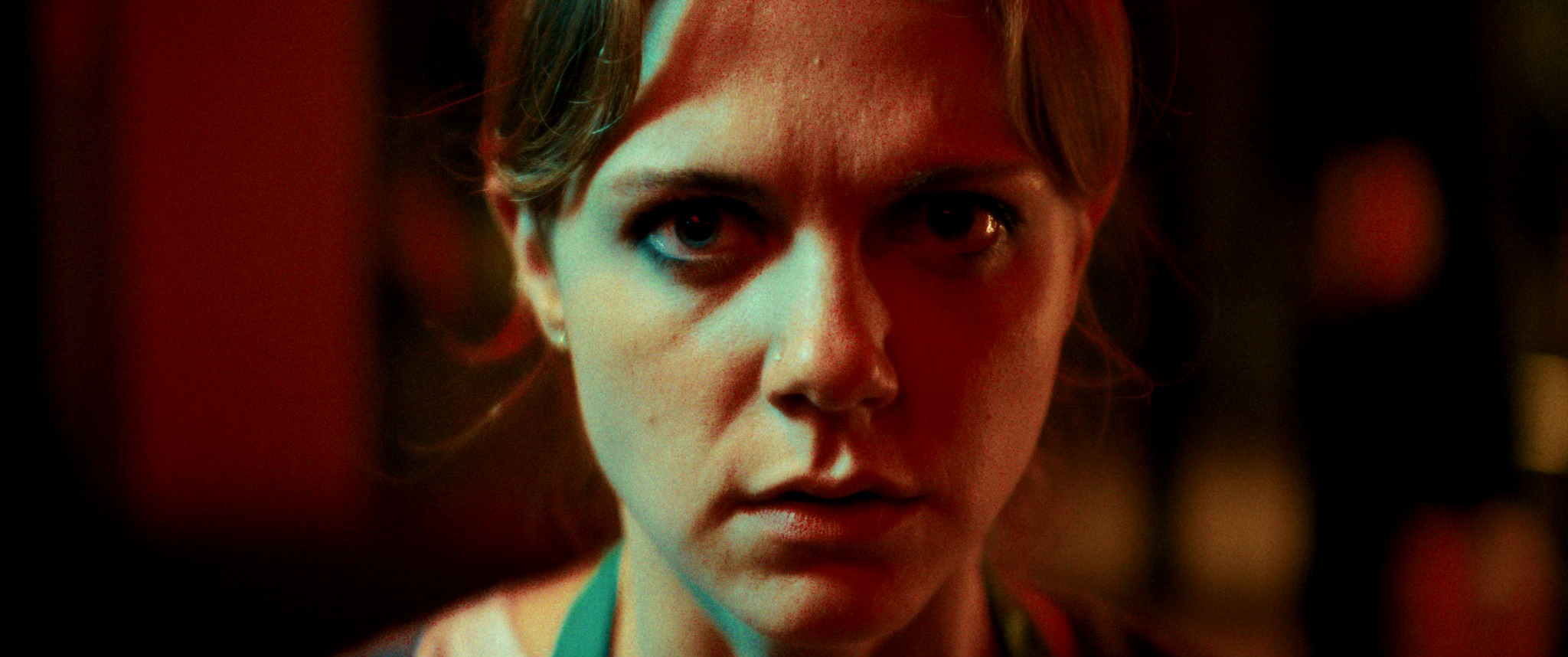
How can we best help foster a strong, supportive environment for artists and creatives?
Society doesn’t like artists because artists don’t make money for million dollar corporations. We aren’t “contributing”, we’re “putting on clown suits and dancing around”
Society doesn’t always value artists, because we don’t generate profits for billion-dollar corporations. We’re seen as non-essential, as if putting on costumes and performing is just a distraction rather than a contribution. I wonder what society could be like if it cared less about constant economic gain and more about human connection. Maybe then artists wouldn’t struggle so much just to survive. The truth is, we do struggle. I don’t know a single artist who hasn’t questioned whether to quit because they couldn’t make a stable living from their work.
If art were taken as seriously as the stock market, maybe this country wouldn’t feel so disconnected and hollow. Don’t get me wrong, I understand the need for economic production. But I also question the amount of energy we devote to it. Economic productivity has never opened my heart. It has never helped me through grief, or reminded me that I’m not alone. When I think about what truly matters in life, I don’t think of spreadsheets or revenue, I think of art.
Art connects people. It changes minds. It opens hearts. It gives voice to the marginalized. It has the power to reach across borders, to inspire, to heal, and to bring joy. I know it has made me a more open and compassionate person. It has been with me in my best moments and my worst.
If we funded artists more generously, if we gave them the space and resources to create, I truly believe we would have a healthier, more empathetic society.
So if there’s a local art market in your city, a community theater show, an improv night, a stand-up set, or a local band playing nearby, go! Show up! Support the artists in your neighborhood. We need you to witness us, because it is meant to be shared. It lives in the exchange between the creator and the audience. I know this won’t change the entire structure of capitalism overnight. But it will make a difference to the artists who you supported. It will strengthen your community. And it just might change you, too.
Contact Info:
- Instagram: erin_collins999
- Other: https://www.imdb.me/Erincaitlincollins
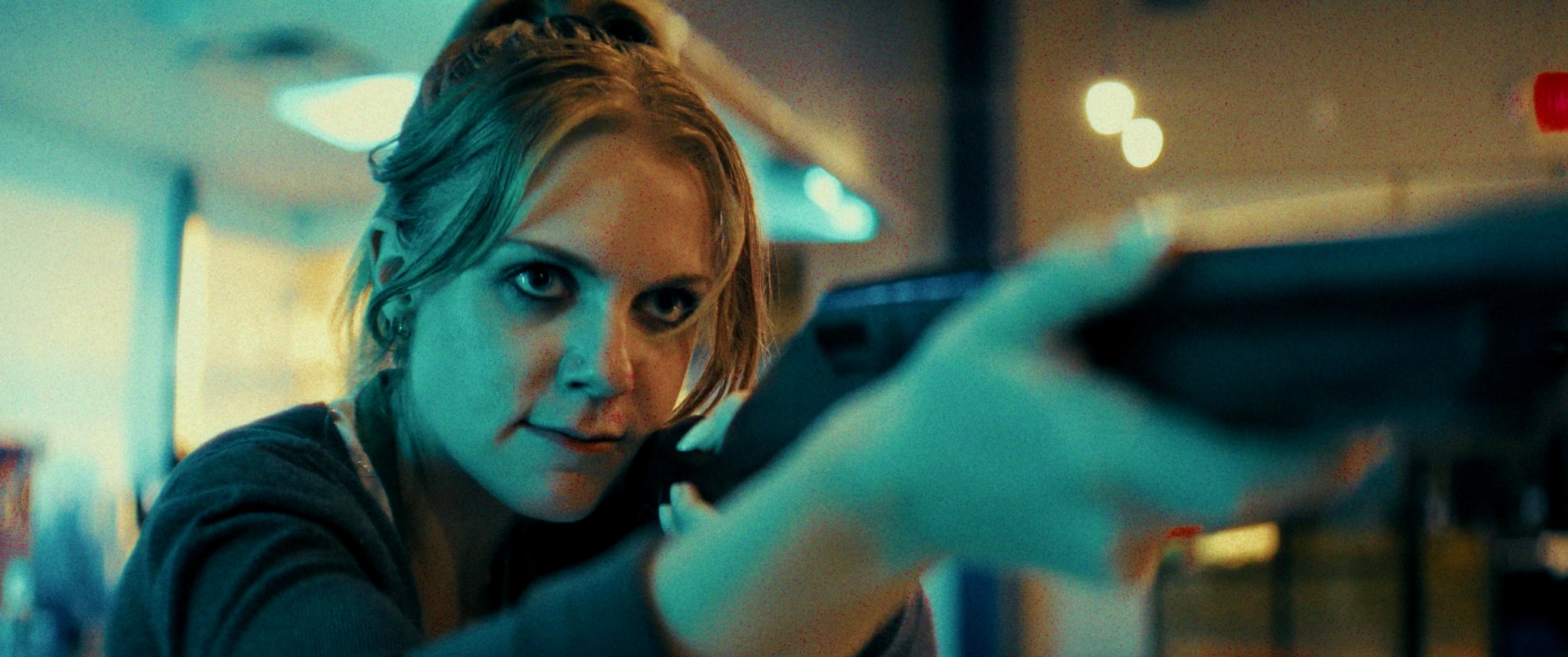
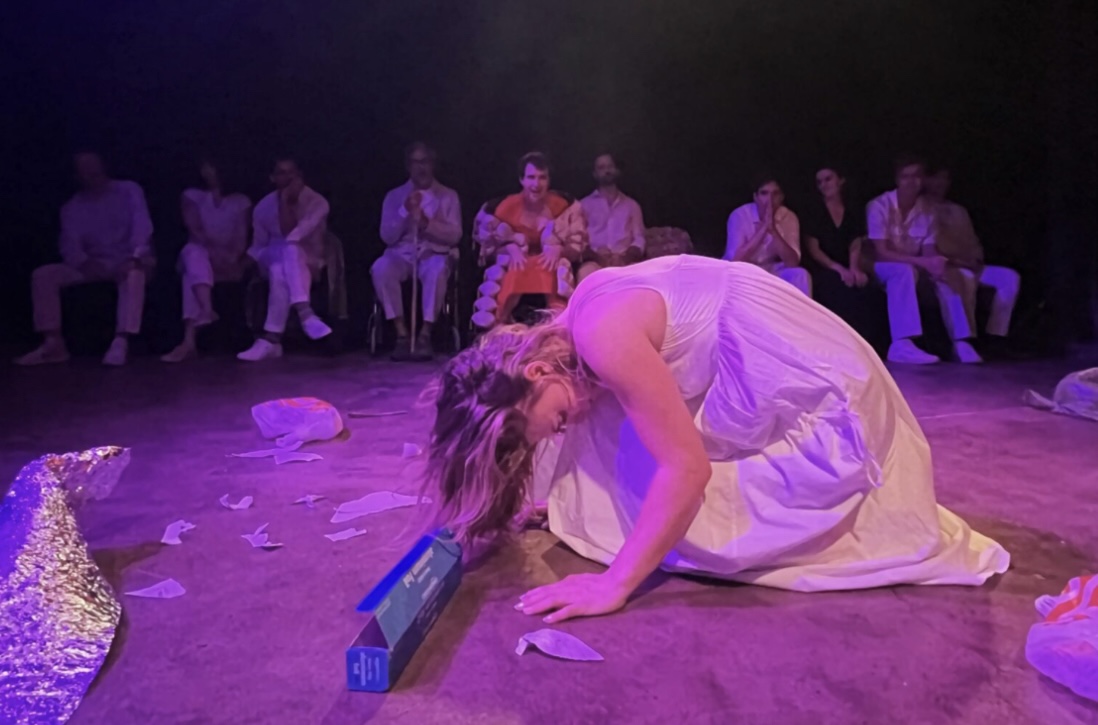
Image Credits
Josh Stringer
Warren Steele
Emily Eliasen
Hagen Mattingly
Tristan Hallman


